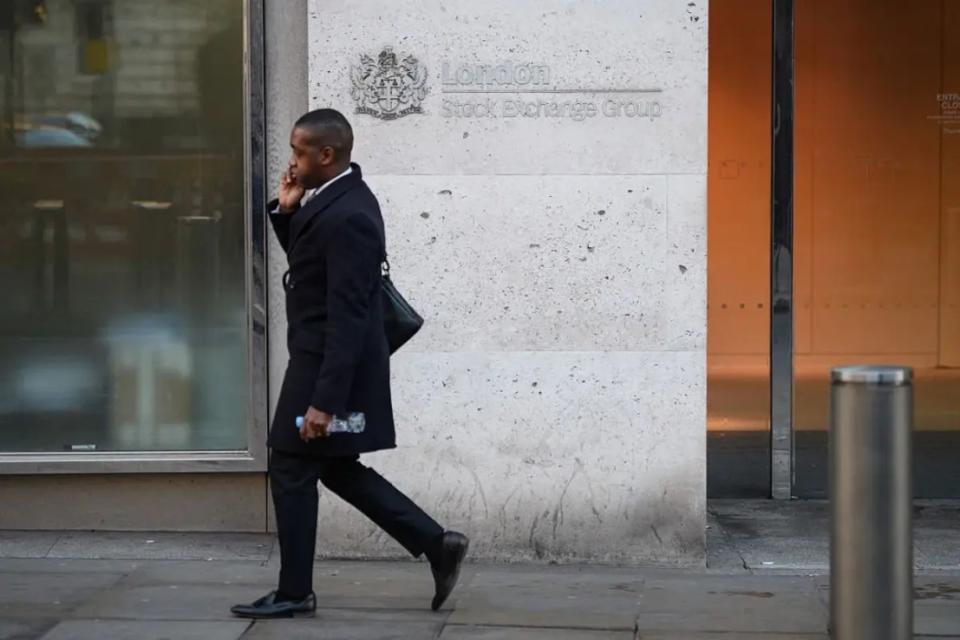Darktrace leaving London isn’t just ‘bad news’ for the LSE. It’s a crisis.

At least we’ve got Darktrace.
On the cold nights of winter, wrapped up by the fire, those of us who still care about London’s equity markets could hearten ourselves with the fact that Darktrace, a global cybersecurity leader and a British tech champion, had chosen to list in London.
And now it’s leaving.
It’s leaving because its board believes it wasn’t valued highly enough – and that it was trading at a discount compared to global peers.
They are not the first to say this – and won’t be the last to act. In the last few weeks, a series of senior current and former Shell execs have pointed out the obvious – they’re valued lower here than they would be overseas.
Flutter is already enjoying the bevvies in the first class lounge at Heathrow as it takes its own primary listing to the US. And a raft of small to mid-caps have delisted, gone private, or begun a wink-wink ‘strategic review’ in recent weeks, all complaining that London’s public markets aren’t giving them the number they deserve.
CEOs and chairs have always complained about valuations. It’s rare, though, for the data to back up their point so explicitly. London does trade at a discount to elsewhere. And whilst that’s building plenty of optimism amongst stockpickers that they can pick up decent holdings on the cheap and that eventually, investors will notice the value and pile in, it doesn’t help the companies on the market right now.
Indeed perhaps this is the deal that tells the world that London’s the place to be, actually, if you want to get on the train early. The FTSE 100 is at a record high after all.
But that’s a very optimistic view – and one that ignores the longer-term sustainability of the London Stock Exchange.
If Darktrace – a UK-headquartered tech darling with a CEO who has become one of the faces of the new British economy – cannot be persuaded to stay on London’s equity markets, then what hope others with a less compelling offer stick around?
Indeed, it’s not as if the ‘old economy’ stocks on which London has relied are guaranteed to stay here. Anglo American may have rejected an offer from BHP, but judging from the share price, investors expect the Aussies to have another go.
That all this news comes in the same week that London Stock Exchange Group CEO David Schwimmer saw a pay rise to a possible £13m waved through by investors adds a certain, well, piquancy to proceedings.
Last year, Schwimmer said it was the media‘s fault that there was negativity around the public exchange, an increasingly small part of the business for the data-driven LSEG. Perhaps we should decline to mention the Darktrace news – would all, then, be well?
His attitude is symptomatic of the complacency that infests decision-making regarding stock exchange reforms. Ample reviews by highly qualified people have been conducted, but their recommendations have sat on the shelf, trapped between the government, regulators, and LSEG.
This must be a wake-up call. Darktrace is by no means a perfect business, and it comes with plenty of baggage. But losing it to American private equity should set off alarm bells across every strata of the City.

 Yahoo Finance
Yahoo Finance